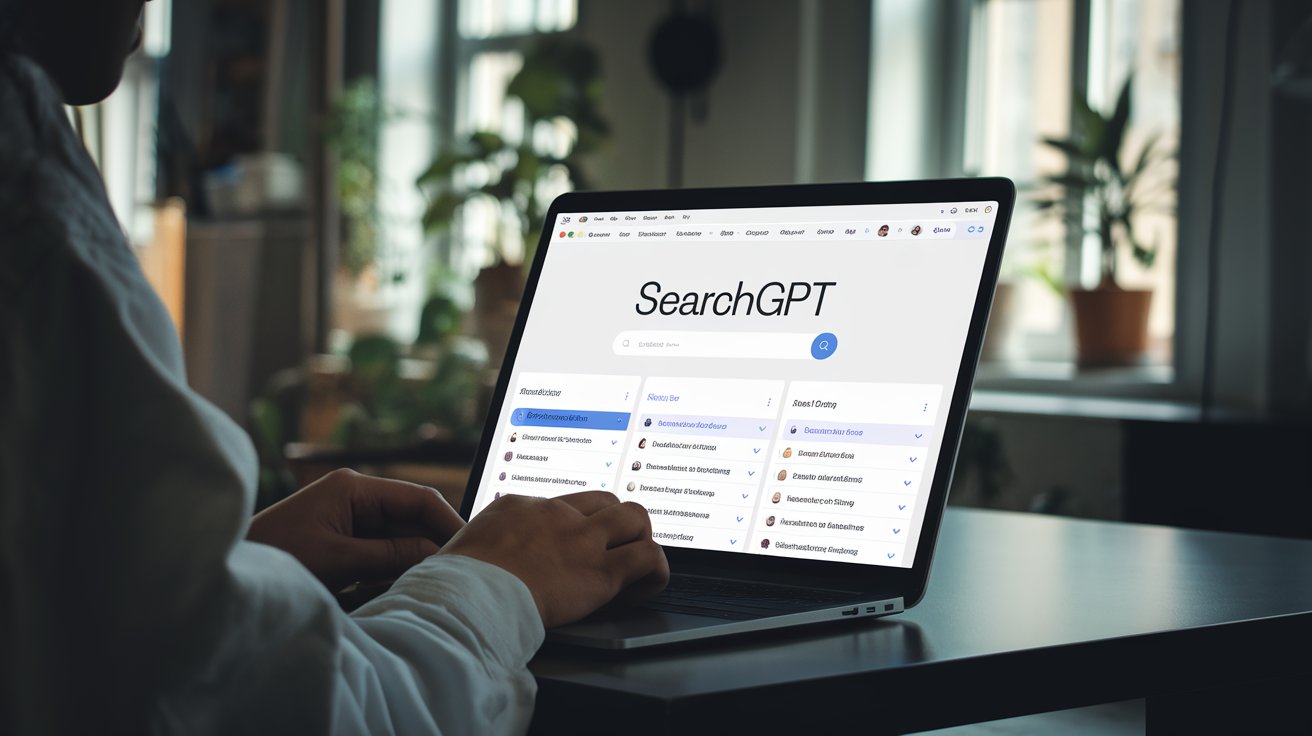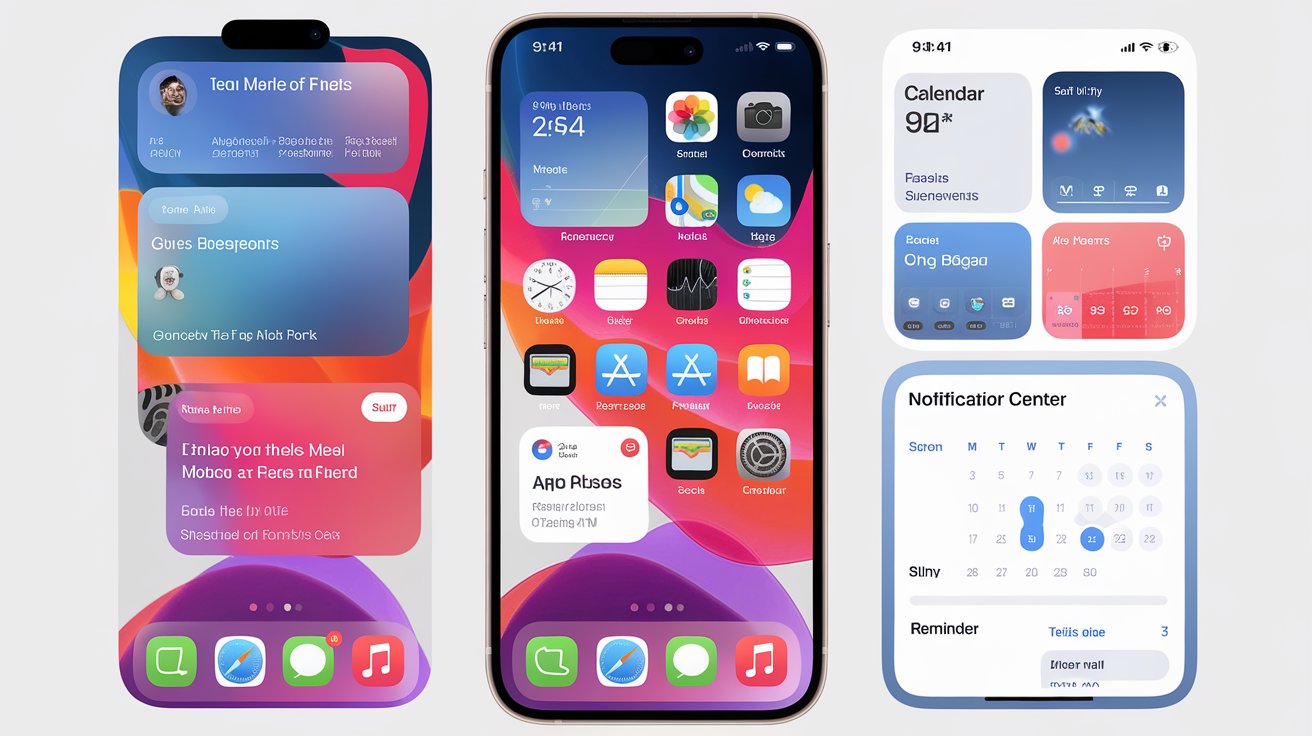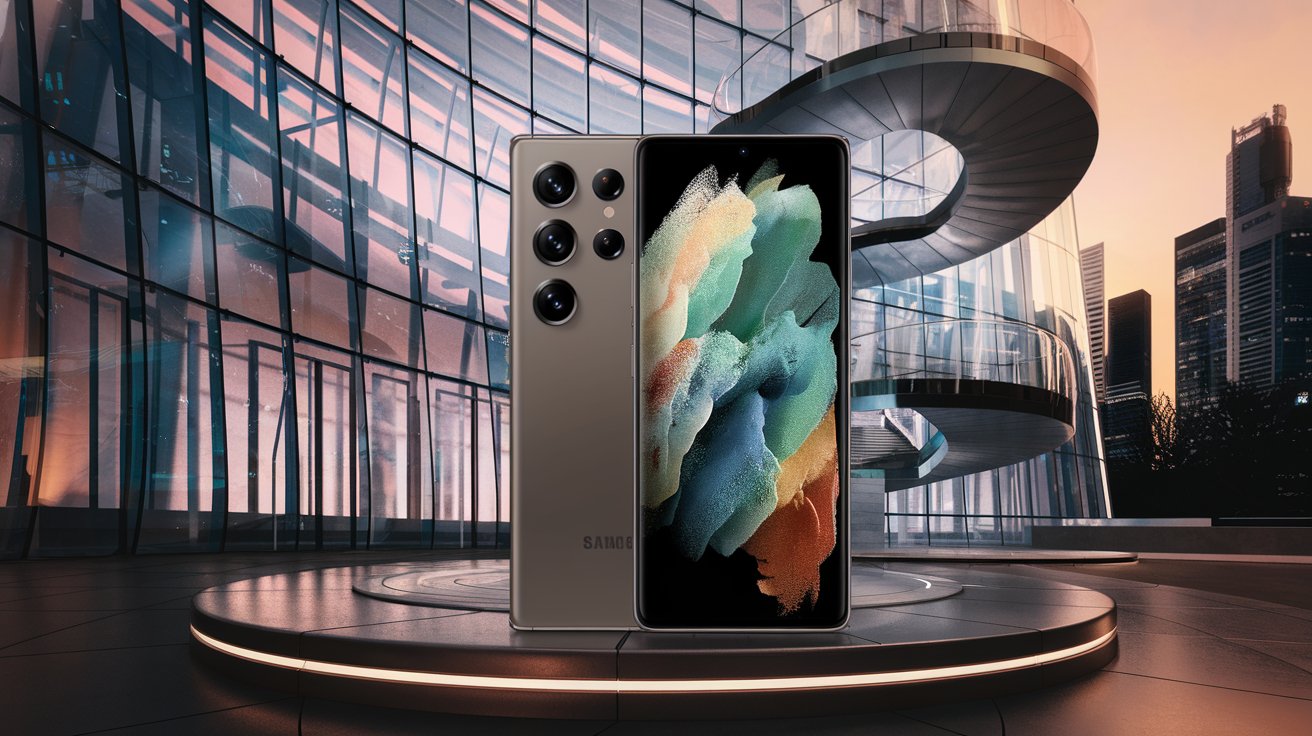The search engine wars are heating up again, and this time, there’s a new contender in the ring: SearchGPT. As Google has reigned supreme for years, many wondered if any competitor could truly challenge its dominance. Well, OpenAI has decided to take a swing, with Bing ready to support from the sidelines. But what exactly is SearchGPT, and how could it shift the entire landscape of search engines as we know them? We’ll explore how this new player stacks up against the behemoths, what its introduction means for the search industry, and whether Google can keep its iron grip on the market.
What is SearchGPT?
SearchGPT is a new AI-driven search engine concept developed by OpenAI, leveraging the power of large language models, similar to the technology behind ChatGPT. Imagine a search engine that not only finds information but also understands the context of what you’re asking and tailors the answers to you personally. That’s the magic of SearchGPT. It’s designed to be smarter and more intuitive, interpreting human questions in a natural, conversational way rather than relying solely on keyword matching. This AI-driven approach represents a shift toward understanding user intent rather than simply providing a list of links.
How Does SearchGPT Work?
While traditional search engines rely heavily on keyword matching and algorithms to rank pages, SearchGPT goes a step further by using deep learning techniques. It processes natural language, grasps the intent behind your search, and delivers results that are not only accurate but feel like you’re getting a customized response. Think of it as asking a knowledgeable assistant rather than just searching a database. It learns from patterns, making it better over time, and can handle complex queries, offering more conversational and insightful results. Essentially, it’s like asking a human expert and getting nuanced, detailed answers – a truly revolutionary step forward.
The Current Search Engine Landscape
Google’s Long-standing Dominance
A Monopoly on Search?
Google has become synonymous with search. With over 90% of the market share, it’s safe to say that Google has held a virtual monopoly for years. The scale at which it operates, indexing billions of web pages, gives it a clear edge over competitors. Why? The combination of an easy-to-use interface, advanced algorithms, and an immense index of web pages is hard to beat. Google has successfully optimized its algorithm to deliver relevant results faster than any other platform. Its ability to incorporate new data constantly keeps it one step ahead, making it the go-to source for information around the globe.
Why Google Has Ruled for So Long
The key to Google’s success lies in its ability to deliver relevant results quickly and efficiently. Over the years, it has honed its algorithm to the point where users rarely have to go beyond the first page of results. With the addition of features like Google Knowledge Graph, Google Maps integration, and rich snippets, it’s more than just a search engine – it’s an all-encompassing tool. Add to that Google’s advertising dominance through Google Ads, and it becomes clear that this platform isn’t just winning; it’s crushing the competition. But can it hold onto this throne with AI-driven search like SearchGPT on the horizon?
Bing’s Role as the Underdog
Microsoft’s Efforts to Compete
Microsoft’s Bing has always been in Google’s shadow, but it hasn’t given up. Since its inception, Bing has tried to innovate and offer something different. With a focus on visual searches, privacy controls, and incentives through its rewards program, Bing has carved out a niche. It’s not Google, but it has attracted a dedicated user base. Plus, Microsoft’s persistence in refining Bing and integrating it more deeply with its ecosystem of products, like Windows and Edge, shows that they’re not backing down anytime soon.
What Bing Offers
Though often overlooked, Bing offers some unique features, including more diverse image results, better privacy controls, and a rewards program that incentivizes users to stay loyal. Bing also provides integration with other Microsoft services like Office and Outlook, giving it a solid foothold in professional environments. However, these benefits haven’t been enough to lure the masses away from Google’s far-reaching empire—until now. With the integration of GPT-4 through OpenAI, Bing might finally have the weapon it needs to challenge Google’s supremacy.
SearchGPT vs. Google
How SearchGPT Stands Apart from Google
AI-Powered Precision
Unlike Google, which primarily uses algorithms to rank search results, SearchGPT taps into the power of AI for deep learning and understanding. It doesn’t just search for matching keywords – it understands the meaning behind your questions and delivers results that are far more aligned with what you actually want. This AI-powered precision sets SearchGPT apart by offering a more user-centered experience. SearchGPT can navigate ambiguous queries, making it easier for users to find what they need without having to refine their search terms repeatedly.
Natural Language Understanding
One of the biggest strengths of SearchGPT is its ability to understand and respond to natural language queries. It doesn’t just rely on matching words; it can grasp the nuances of how people speak and interpret complex questions in ways that traditional search engines can’t. Whether you’re asking a question about a specific subject or inquiring about something more abstract, SearchGPT delivers results that feel like they were meant just for you. This approach brings search closer to a true conversation rather than the rigid query structure we’ve all been used to.
Limitations of SearchGPT Compared to Google
Data Availability and Reach
Google has decades of data and indexing under its belt, giving it a huge advantage in terms of sheer reach. Its web crawlers scour the internet constantly, building a database of information that is unmatched. SearchGPT, while intelligent, may not yet have access to the same breadth of resources. Google’s wide reach, paired with its ability to instantly bring up relevant content from virtually every corner of the web, remains its strongest asset. While SearchGPT shows promise, it will take time for it to build the kind of extensive index that Google already has.
Brand Trust
Trust is everything. While Google has had years to build its reputation as the go-to source for search results, SearchGPT is still new on the scene. Google has developed a level of trust that SearchGPT, as an up-and-comer, still needs to establish. Over the years, Google has consistently delivered reliable, accurate, and fast search results. It will take time for SearchGPT to earn similar trust, even though its technology is impressive. People may hesitate to switch unless SearchGPT can clearly show it is not just innovative but also dependable.
You may also visit: Pixel Watch 3: Design, Features, and Performance Breakdown
Bing’s Strategic Play
Bing’s Alliance with OpenAI
The Integration of GPT-4 with Bing
To close the gap with Google, Microsoft has partnered with OpenAI to integrate GPT-4 into Bing’s search engine. This collaboration powers SearchGPT’s AI-driven approach, giving Bing a powerful new tool in its arsenal. By combining Bing’s search technology with the advanced capabilities of GPT-4, Microsoft is positioning itself as a serious competitor in the search engine market. This partnership allows Bing to offer something unique—an AI-driven, context-aware search that goes beyond what traditional engines provide.
Leveraging SearchGPT to Battle Google
Microsoft is betting big on AI, and with SearchGPT, it has a shot at finally taking on Google. By offering a more personalized, conversational search experience, Bing aims to attract users tired of Google’s more traditional algorithm-based results. The partnership with OpenAI also gives Bing a technological edge, allowing it to offer users more in-depth, accurate results that feel like having a conversation with an expert. Microsoft is banking on the idea that this AI-driven approach will be a game changer in the highly competitive world of search engines.
Can Bing Finally Take on Google?
Microsoft’s Long-Term Vision
Microsoft’s long-term goal is clear: to unseat Google as the dominant search engine. While it’s an uphill battle, SearchGPT might just be the key to getting there. Bing is leveraging its alliance with OpenAI to bring cutting-edge technology to the table, and with continued development, it may be able to carve out a bigger slice of the search market. Microsoft’s vision isn’t just about competing with Google; it’s about redefining what search engines can do, with AI playing a central role in that transformation.
What This Means for Search Users
For users, the competition between Bing and Google means better search experiences overall. As these giants battle it out, we can expect more innovation and personalized features to make our lives easier.
SearchGPT’s Impact on the Future of Search

Shifting User Expectations
Personalized Search Results
Users have come to expect more from search engines, and SearchGPT is pushing that even further. With personalized results that feel like they’re tailored to your needs, it’s not just about finding information – it’s about delivering the right information.
The Power of Conversational AI
SearchGPT is transforming how we interact with search engines. Instead of just typing keywords, users can ask questions naturally and get answers that feel like a conversation, making the experience more intuitive.
The Future of Search with AI
Will Google Adapt to Stay on Top?
Google isn’t going down without a fight. With SearchGPT challenging its dominance, Google will likely step up its game, integrating more AI features and possibly creating its version of an AI-powered search engine.
The Role of Competition in Driving Innovation
Competition drives innovation. With SearchGPT entering the scene, we can expect both Google and Bing to push the envelope, leading to more advanced and user-friendly search experiences.
Conclusion
The search engine landscape is changing, and SearchGPT is at the heart of this transformation. With AI powering its searches, it promises a more personalized, intuitive experience that challenges the status quo. While Google remains the dominant force, the rise of SearchGPT, backed by Bing, could signal the beginning of a new era in search technology.
Also read: Prince Narula Digital PayPal | The Future of Online Transactions
Frequently Asked Questions
What makes SearchGPT different from other search engines?
SearchGPT uses advanced AI to understand natural language, providing more conversational and precise answers than traditional search engines.
Can SearchGPT replace Google as the top search engine?
While SearchGPT has great potential, it will take time to challenge Google’s dominance, especially given Google’s data resources and user base.
How does Bing benefit from SearchGPT’s technology?
Bing’s integration of SearchGPT allows it to offer AI-driven, personalized search results, giving it a competitive edge over Google.
What role does AI play in SearchGPT’s effectiveness?
AI is at the core of SearchGPT’s functionality, allowing it to understand complex queries and deliver more accurate, contextually relevant results.
Is SearchGPT available to the public?
Currently, SearchGPT is in development, but as it matures, we can expect it to become more widely available.






